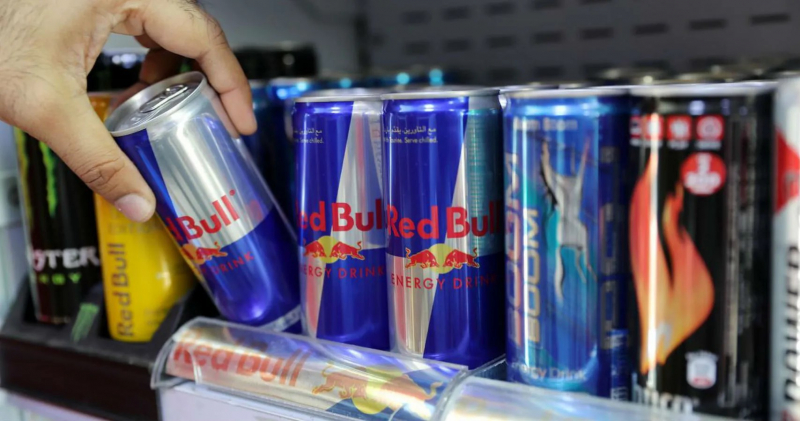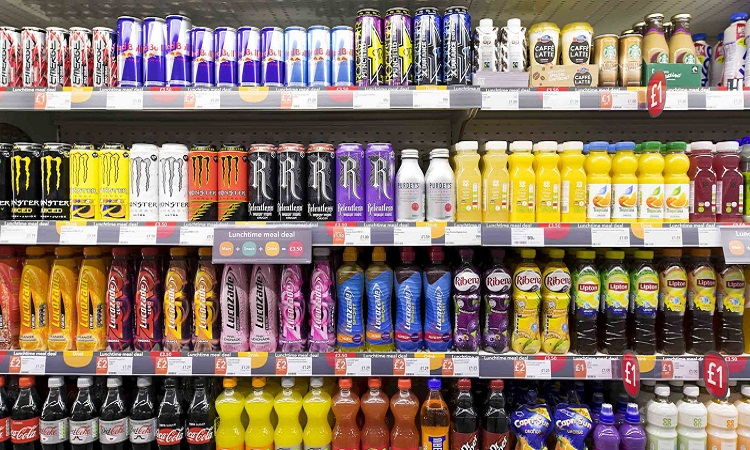Energy drinks
Carbonated, sweetened beverages advertised as energy drinks claim to increase alertness, mood, and energy. But since they are marketed as food supplements, energy drinks are not subject to FDA regulation and are not subject to stringent testing. As a result, it could be challenging to determine some brands' caffeine content.
According to one study, energy drinks typically contain 50 to 505 mg of caffeine. One 8.4-ounce (250 mL) can of the well-known energy drink Red Bull, for instance, has 80 mg of caffeine. Added energy, fast caffeine absorption, flavor Variation, energy supplementation, ease of access, affordability and better concentration are the main benefits of energy drinks. Energy drinks also include taurine, an amino acid with antioxidant effects that are naturally found in the brain.










